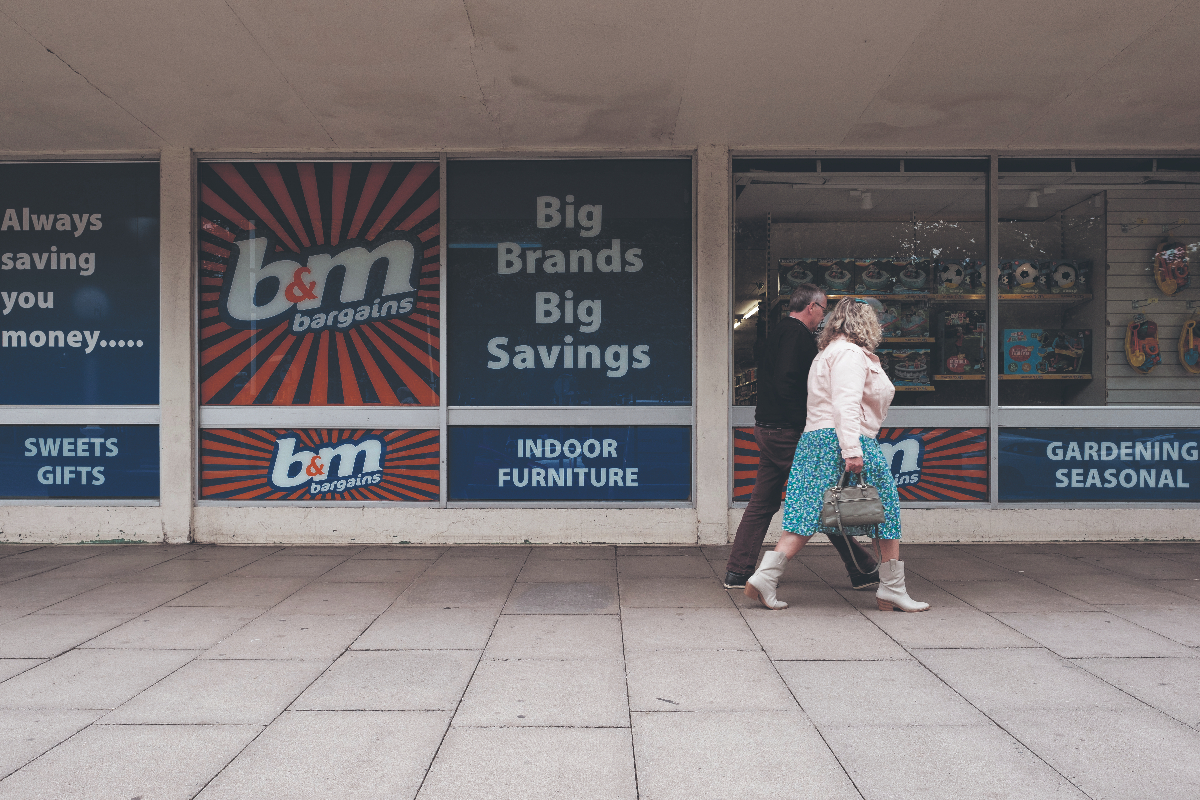Over 17,000 retail jobs are set to disappear next year, along with over 200,000 stores, as the sector’s decade-long crisis continues, according to a top retail body.
Online shopping, a Covid-19 hangover and high taxes are compounding a problem that began with the financial crisis in 2008, according to the Centre for Retail Research (CRR).
With many out of the habit of high street shopping, shops have been struggling with a lack of in-store customers – even by early 2023, customer footfall was 10 per cent lower than in 2019, and in major cities even less.
Brits have instead turned to experiences like meals out, city breaks, gym memberships and subscriptions to TV Channels, leaving less to spend in shops.
Around 85,000 shops have closed in the last six years, according to the CRR.
‘Tough decisions’ for retailers
The British Retail Consortium (BRC) expect retail costs to rise by £7bn across the industry next year due to a combination of the minimum wage increase, the packaging levy and higher national insurance costs.
“Businesses now face tough decisions: do they absorb the costs, pass them on through higher prices, or find other ways to cut back?,” retail economist Tim Black said.
“In retail and hospitality, the challenge is especially tough… there’s no real room to absorb higher costs,” Black added.
However, Benjamin Wiles, managing director of restructuring at Kroll, has said the outlook for next year is “still uncertain” as increased costs for firms could be partly offset by stronger consumer finances as wages continue to rise.
But retail experts have contended that if retailers are forced to raise their prices due to higher costs, the benefits of wage increases will be wiped out.
The push to equalise online and in-store business rates
Business rates are also set to rise next year. While Labour have promised to reform the entire system in 2026, there is concern that this will be too late for many businesses.
Alex Baldock, chief executive of electrical retailer Currys has said: “The rates relief proposed so far isn’t just too little, too late, but will actually leave many retailers worse off.”
As much as one-quarter of the entire business rates total now comes from the retail sector.
“Rents paid by shops have been declining as stores close and new occupants become difficult to find [but] the decline in rents has not led to a fall in business rates,” the CRR said.
“Online retailers of course pay business rates at the reduced levels applicable to warehouses… a satisfactory future for high streets will only occur if online retailers pay the same rates as store-based retailers.”
The chief of Morrisons has similarly called for the business rates system to be radically overhauled so it “genuinely levels the playing field” between high street retailers and online operators, with his comments supported by the BRC.

